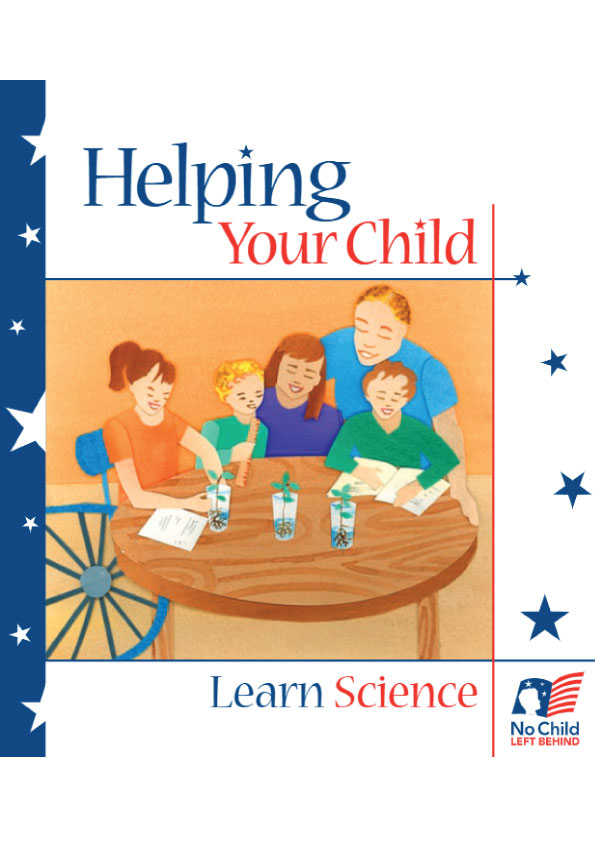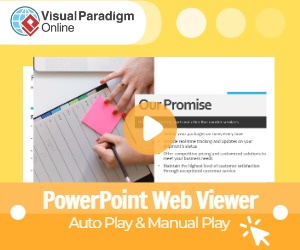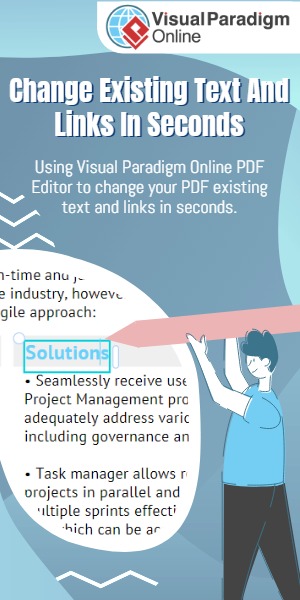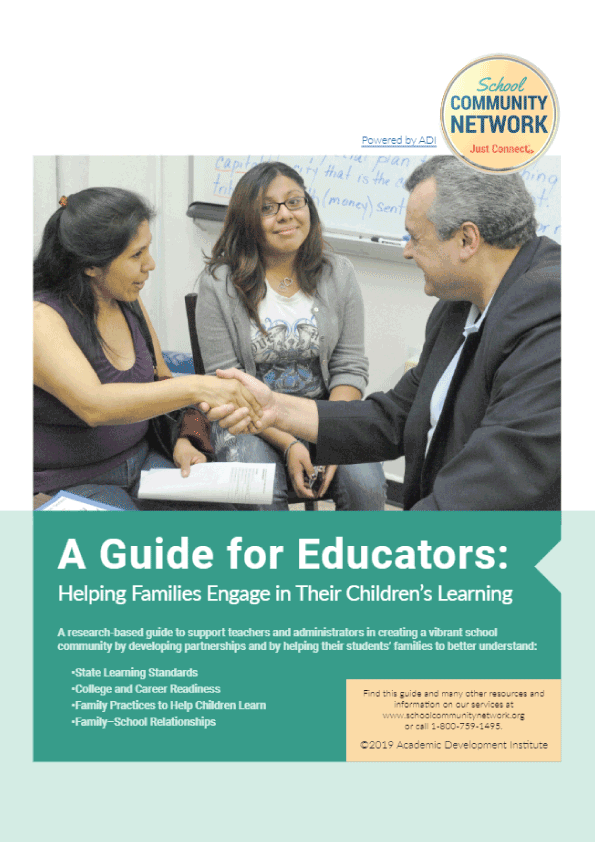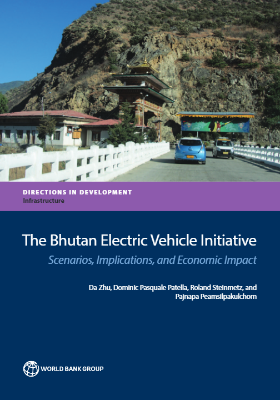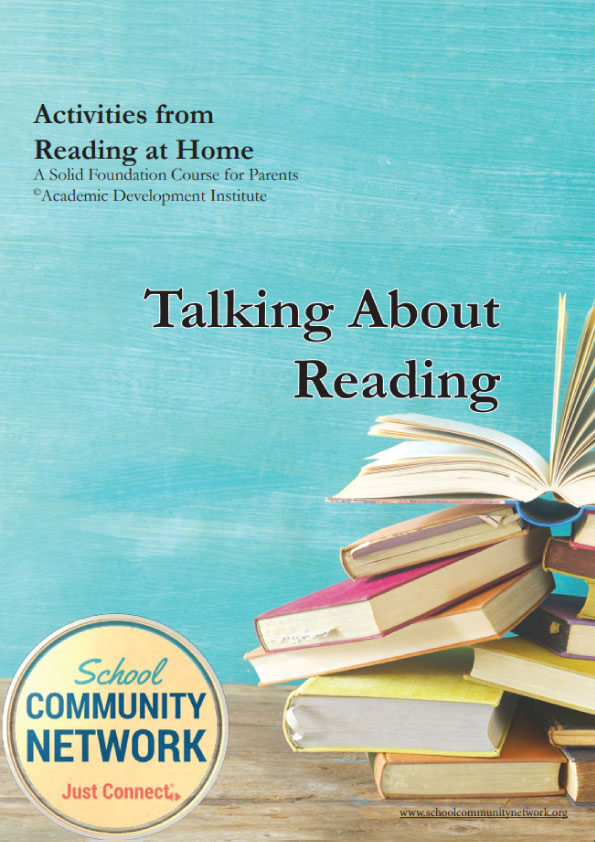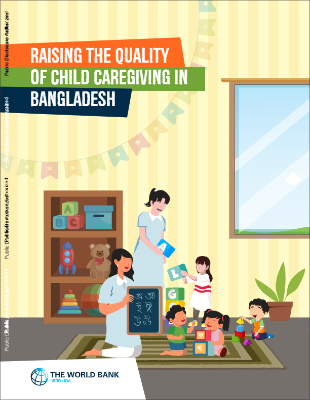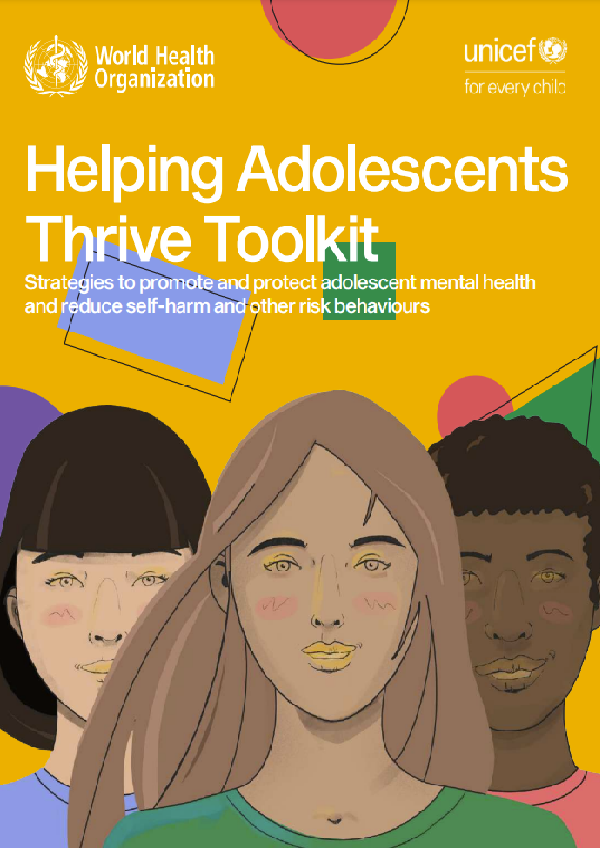As a parent, you are preparing your child for a world vastly different from the one in which you grew up. Our increasingly technological society will need citizens who have received far more advanced instruction in science and technology than most of us received when we were in school. Even children who don’t want to become physicists, chemists, engineers or computer technicians will need some knowledge of science and technology just to conduct their everyday lives. Every citizen needs to be scientifically literate in order to make informed decisions about health, safety and citizenship. Our children need our help and guidance to prepare for the world that awaits them.
Scientific knowledge is cumulative: To learn new things, you must build on what you already know. So, it’s important that your child start learning early—and at home. A good way for you to begin the learning process is by sharing your own interest in science. How you view and talk about science can influence your child’s attitudes toward science—and how she approaches learning science. It’s easy to undermine a child’s interest and attitudes by saying things such as, “I was lousy in science, and I’ve done OK,” or “I always hated science when I was in school. It’s boring.” Although you can’t make your child like science, you can encourage her to do so, and you can help her to appreciate its value both in her everyday life and in preparing for her future.
In everyday interactions with your child, you can do many things—and do them without lecturing or applying pressure—to help her learn science. Here are a few ideas:
- See how long it takes for a dandelion or a rose to burst into full bloom.
- Watch the moon as it appears to change shape over the course of a month and record the changes.
- Look for constellations in the night sky.
- Bake a cake.
- Solve the problem of a drooping plant.
- Figure out how the spin cycle of the washing machine gets the water out of the clothes.
- Take apart an old clock or mechanical toy—you don’t need to put it back together!
- Watch icicles melt.
- Observe pigeons, squirrels, butterflies, ants or spider webs.
- Go for a walk and talk about how the dogs (or birds or cats) that you see are alike and different.
- Discover what materials the buildings in your community are made of. Wood? Concrete? Adobe? Brick? Granite? Sandstone? Steel? Glass? Talk about the reasons for using these materials.
Learning to observe carefully is an important step leading to scientific explanations. Experiencing the world with your child and exchanging information with him about what you see are important, too.
Finally, encourage your child to ask questions. If you can’t answer all of her questions, that’s all right—no one has all the answers, not even scientists. For example, point out that there’s no known cure for a cold, but that we do know how diseases are passed from person to person—through germs. Some of the best answers you can give are, “What do you think?” and “Let’s find out together.” Together, you and your child can propose possible answers, test them out and check them by using reference books, the Internet, or by asking someone who is likely to know the correct answers.
How to Use This Booklet
This booklet makes available to you information that you can use to help your child to learn science. It includes:
- Some basic information about science;
- Activities for you and your child to do, both in the home and the community;
- Practical suggestions for how to work with teachers and schools to help your child succeed in science; and
- A list of science-related resources, including federal sources of information, publications for parents, science-related children’s magazines and books, and information about science camps.
